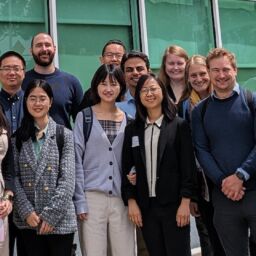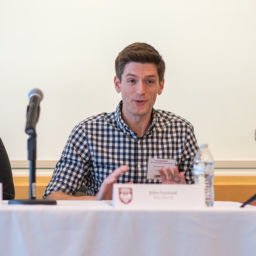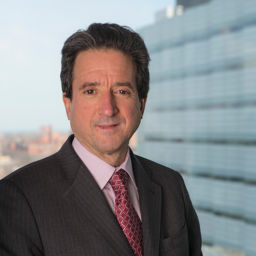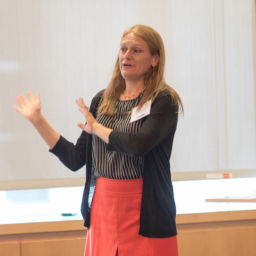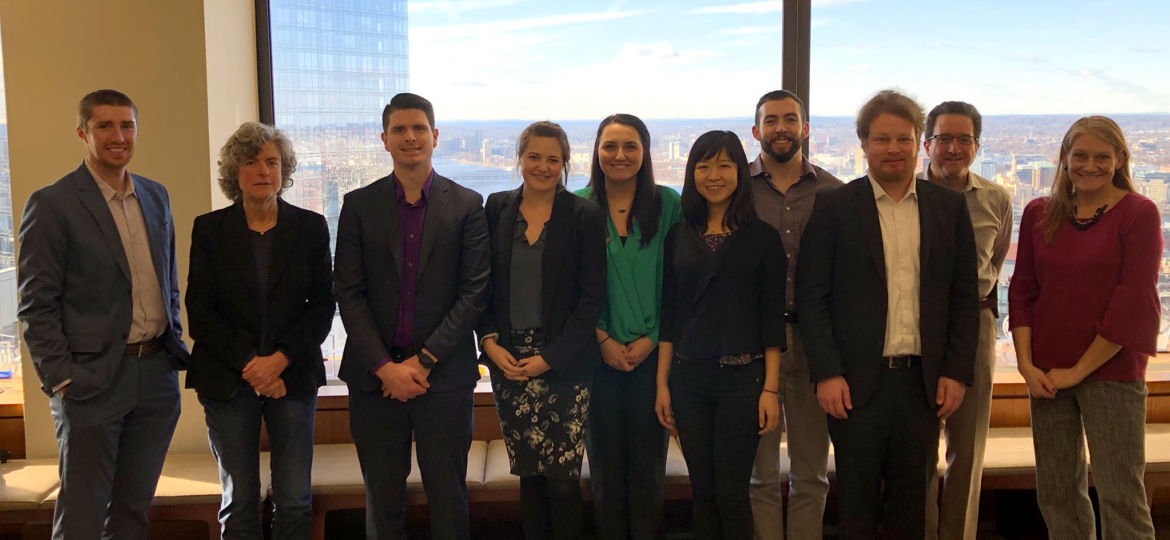
With the holiday season approaching and the social gatherings that come with it, PhD students are preparing for that one dreaded question, “What are you planning to do once you finish your PhD?” Fortunately for University of Chicago students, the myCHOICE program has helped us feel confident about answering this question. The program has been instrumental in providing insight into the diverse array of careers available for PhD students outside of academia through various offerings, ranging from seminars with alumni in a variety of areas to professional development treks. I was fortunate to be selected to attend this year’s Biopharma Trek to Boston, where over the course of three days, we visited ten biotech and pharma companies, ranging from small, 80-person start-ups to large, 100,000-employee pharmaceutical companies.
I knew that I wanted to transition to a career in industry before I started my PhD in the Cancer Biology program. My research has always been more translationally focused, including my thesis work on understanding mechanisms of resistance in therapy-resistant prostate cancer. As a result, I leapt at the opportunity from myCHOICE to visit biopharma companies and learn more about their research and career options. Most of the company visits followed a similar format: short introduction to the company, a panel discussion with employees in a variety of positions, followed by a short networking opportunity with panelists. I was surprised by the circuitous path taken by employees from completing their PhD to their current role, especially in positions further away from the bench. Some followed the more traditional route of transitioning straight into industry or completing a post-doc first, while some followed a more untraditional path, transitioning from a faculty position after collaborating with or consulting for a biotech company.
The aspects of the trek that I found particularly interesting were the diverse range of career options away from the bench, the unexpected employee qualities desired by employers, and the emphasis on company culture. For many PhD students, the main skill set we have when we graduate is our technical skills, and as a result, many feel like a bench scientist is the only position available in industry. However, this trek showed how many diverse options are available, ranging from science communications to positions in finance development to clinical trial management. The range of career choices also emphasized the “soft skills” that are desirable, such as strong communication and teamwork capabilities at a scientific and personal level. What resonated with me was how many companies stressed the importance of keeping patients in the forefront, and making sure that all aspects of their work was aimed towards finding therapies for patients.
This incredible experience, and the countless other myCHOICE programs, would not have been possible without the tireless efforts of Abby Stayart, the myCHOICE program director. The other trainees and I cannot thank her enough for her extreme dedication and guidance on this trip to Boston. My participation in the myCHOICE program since my first year of grad school has not only opened my eyes to the number of diverse careers available for PhD graduates, but has also given me the confidence to connect with professionals and pursue opportunities for a career outside of academia. Following this trek, I am more convinced than ever that I want to pursue a career in biotechnology with a team who is committed to developing therapies for patients.


